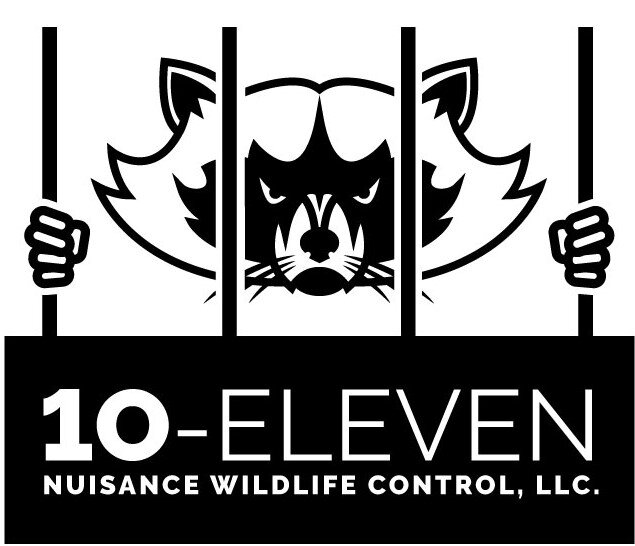
OPOSSUMS
About Opossums
Opossums are often misunderstood creatures native to North America, and are the only marsupials found on the continent. Opossums are well-known for their unique appearance, with a pointed snout, long tail, and a fur-covered body that can range in coloration from gray to brown or black.
One of their most notable behaviors is playing dead, or "playing possum," which is a defensive mechanism used to avoid predators. During this act, they can slow their heart rate and breathing, making themselves appear lifeless, an effective deterrent against many potential threats.
Opossums are generally nocturnal and possess a diet that is omnivorous. They are opportunistic feeders, consuming a variety of foods, including insects, small rodents, fruits, and even carrion. This diet contributes to their role in the ecosystem as natural pest controllers, as they help reduce insect populations and clean up dead animals.
These animals are also known for their resistance to rabies, largely due to their lower body temperature compared to other mammals. This trait makes them less susceptible to the disease, which can be a concern when discussing wildlife interactions.
In urban areas, opossums can sometimes be seen rummaging through garbage cans or wandering into gardens. While their presence can be surprising, they are generally non-aggressive and tend to avoid confrontations with humans.
Why are Opossums a Nuisance Animal?
Opossums are known for rummaging through garbage and compost piles in search of food. This scavenging behavior not only creates messes but can also attract other pests such as raccoons and rodents.
Opossums may also invade residential areas and gardens, damaging plants or landscaping as they forage for food. Their presence can disrupt the peace of a neighborhood, especially when they are found in yards or near homes.
Although opossums are generally non-aggressive , they may pose risks to pets, particularly if they feel threatened. They may also carry parasites, such as fleas and ticks, which can be transmitted to pets and humans.
Opossums also can sometimes enter attics, basements, or garages, leading to potential damage and the need for removal services.
How can 10-Eleven Nuisance Wildlife Control solve my Opossum problem?
10-Eleven Nuisance Wildlife Control, LLC will address your opossum problem through a systematic approach.
Inspection: Our team will conduct a thorough inspection of your property to identify potential entry points and areas where opossums may be nesting or foraging.
Humane Trapping: If opossums are present, we will utilize humane trapping methods to safely capture them. Our traps are designed to minimize stress and harm to the animals.
Exclusion Techniques: To prevent future infestations, we will recommend and implement exclusion techniques. This may involve sealing entry points, removing attractants, and making your property less hospitable to wildlife.
Follow-up: If necessary, we can schedule a follow-up visit to ensure the problem has been effectively resolved and that no new wildlife issues have arisen.
Education: Our team can provide advice on maintaining a wildlife-safe environment, including waste management and landscaping tips to deter future opossums from returning.
Got Opossums?
Contact 10-Eleven Nuisance Wildlife today!



